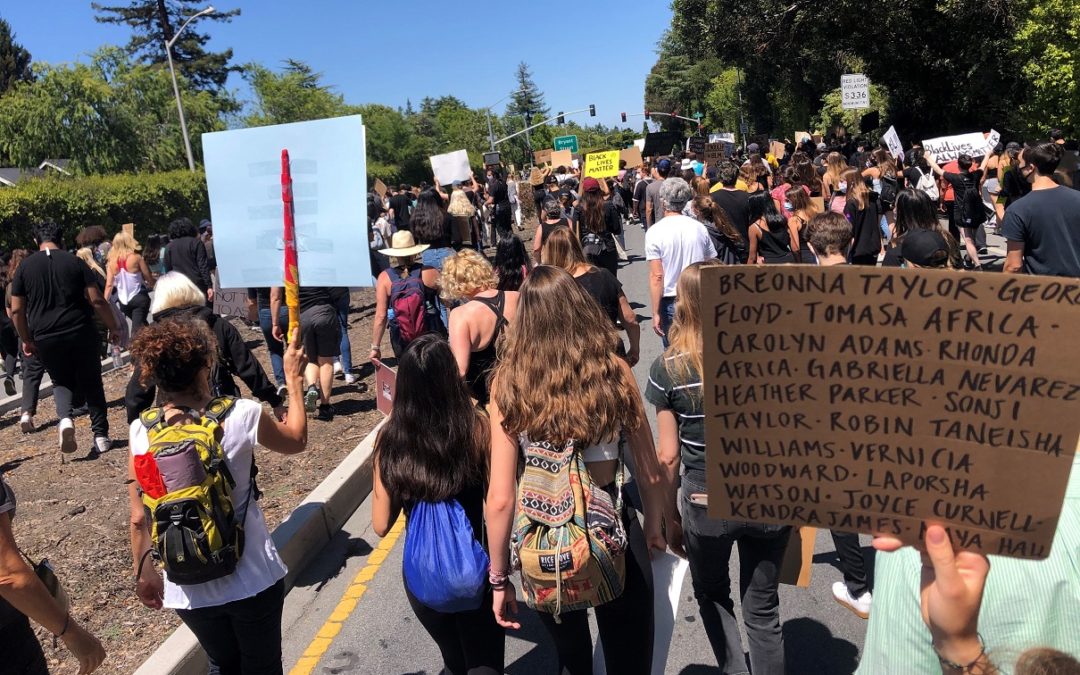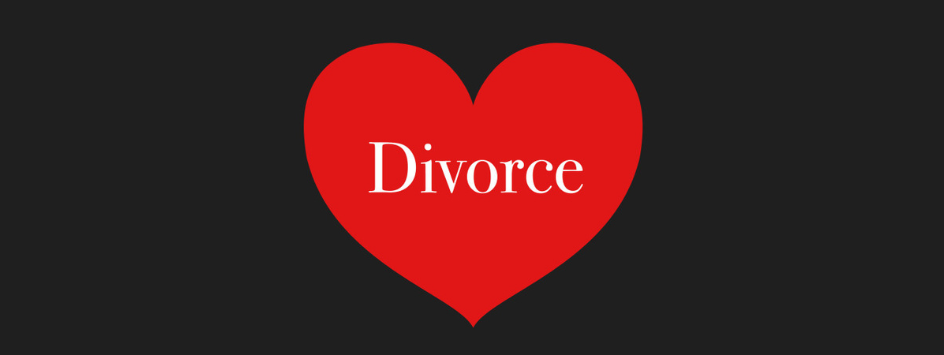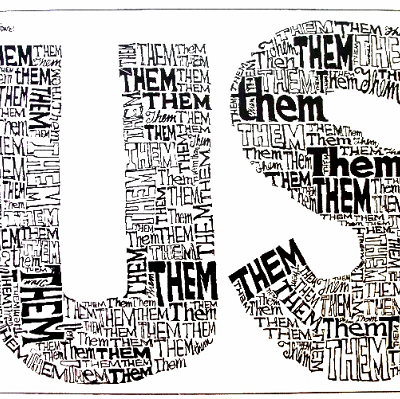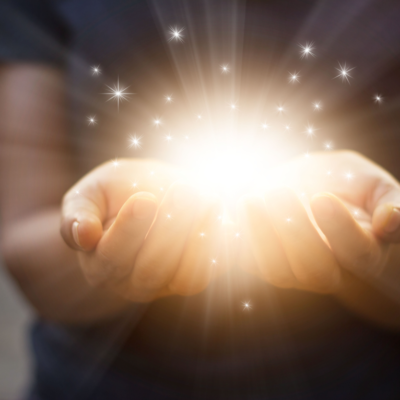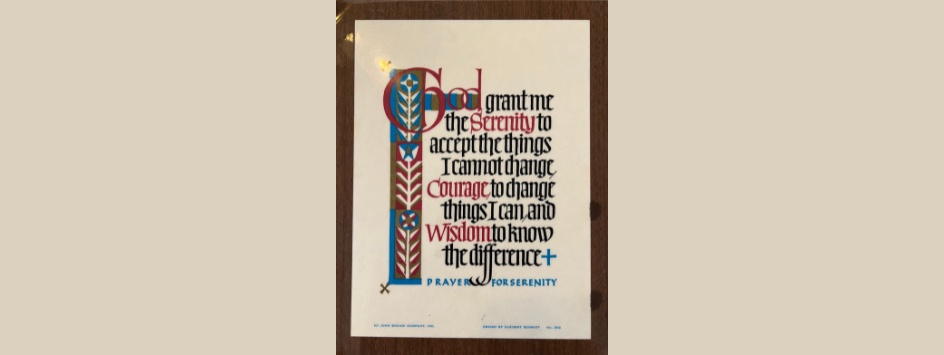I created Living ROI as a passion, to share my experiences and support others who want to live more authentic, joyful and fulfilling lives.
Hundreds of thousands of people around the world showed up for justice yesterday. The swelling of the peaceful protests is a hopeful sign. Is it possible that we are truly ripe for change?
Have we hit bottom on social injustice? I deeply hope so.
My daughter and I protested in the streets of Palo Alto yesterday with thousands of others. I felt called to be a physical part of this massive movement for change. The masks, crowds and fear of COVID-19 came with us.
A question came up. Is it okay for non-black people to raise a fist or say, “I can’t breathe” and “Hands up. Don’t shoot.”? My answer was an emphatic, “Yes!” When one person can’t breathe, none of us can breathe.
As Martin Luther King, Jr., said:
“Injustice anywhere is a threat to justice everywhere. We are caught in an inescapable network of mutuality, tied in a single garment of destiny. Whatever affects one directly, affects all indirectly.”
This oppression hurts society collectively. When it comes to correcting injustice, we all have skin in this game, no matter the color. That is not to take away from the deep and personal pain felt by the black community. The goal is to make sure it is not seen as ONLY a black problem. It’s a human problem and we ALL have to solve it.
Ayinde Olukotun, an 18-year-old recent high school graduate who spoke at the Palo Alto protest said it well:
“It’s not just a problem of underprivileged communities, of communities with a large population of people of color, of communities that have police brutality or over policing — this is everyone’s problem. And fixing it is not incumbent on those communities, it’s incumbent on people and communities like Palo Alto that have privilege and have the power to make change.”
It felt good to get out there on the streets. Protesting with so many fellow citizens is empowering and uplifting. It keeps the story on the front page and puts pressure on the system to change. We must keep the peaceful protests alive.
But protesting alone will not get the job done. Each of us must commit to taking systemic action, personally and within our organizations. We cannot let this be just another moment that passes without change.
I, like so many others I have spoken with, am more committed than I have ever been to uprooting social injustice. It has become an imperative. As a business, we are meeting next week to talk about the ways we can make a difference and change our own systems to ensure diversity and inclusion and to support social justice.
Sending out a message to employees and donating money, though important, are not enough. Ultimately, we need to change how we think about this problem and root it out of our perceptions, our companies and our communities.
We need to ask ourselves, “What can I do differently? What can our company do differently? What can our community do differently?” It may start with education, but it must progress to a plan of action.
I am grateful to the thousands of protesters that have been on the streets day after day. Your work is important. I will join you when I can. We all have our part to play. What is yours?
Power to the people,
Barbara Fagan-Smith
CEO, ROI Communication
Chief Catalyst, Living ROI

